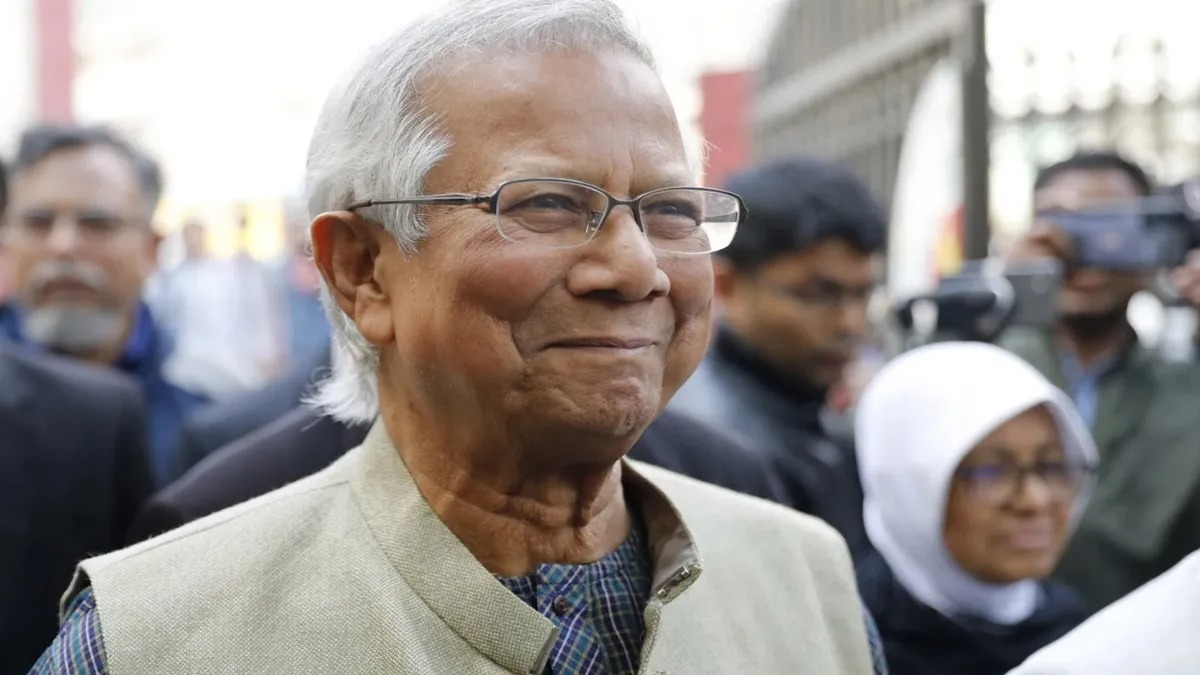

Dhaka: Bangladesh Chief Adviser Muhammad Yunus has said the interim government will work with India to find ways to resolve differences over the long-pending Teesta water-sharing treaty as procrastinating it for years will not benefit any country. In an interview with PTI at his official residence in Dhaka, Yunus said the water-sharing issue between the two countries should be resolved as per international norms. He stressed that lower riparian countries like Bangladesh have exclusive rights which they want to retain.
‘The issue needs to be resolved’
Muhammad Yunus said, “There will be no use in not working to resolve this issue (water sharing). Even if I am not happy and sign, it will be better if I know how much water I will get. This issue has to be resolved.” When asked whether the interim government will push for early resolution of issues of the Teesta water sharing treaty, he said the new government will work on it.
‘International principles must be followed’
Yunus has given this statement at a time when Syeda Rizwana Hasan, advisor on water resources in the interim government of Bangladesh, had told PTI a few days ago that the government wants to resume talks with India on the Teesta water sharing treaty. She had said that the upper riparian and lower riparian countries should follow international principles on water sharing. Regarding the flood situation in Bangladesh and reports from Dhaka blaming India for the floods, Yunus said that until the treaty is signed, a humanitarian approach can be adopted to deal with such crises. He said, “When the (High Commissioner) of India came to meet me, I said that we can work on better management to control the situation during floods. We do not need any treaty for such coordination between two countries.” Yunus said, “We can work together on humanitarian grounds and resolve it, as this will reduce the suffering of the common people. Such humanitarian steps will help.”
30 lakh people affected by the flood
Flooding in deltaic Bangladesh and upland Indian areas caused by monsoon rains has killed several people and affected nearly 3 million people, posing a major administrative challenge for the newly formed interim government amid a political transition. India has termed as factually incorrect reports from Bangladesh that the current flooding in some parts of the country was caused by the opening of dam gates on the Gomti River in Tripura. In India, the Ministry of External Affairs said that flooding in rivers shared by the two countries is a “common” problem affecting people on both sides and requires close cooperation to resolve it.
Read More: The Warning from Washington: Why the US is Tense Over Bangladesh's 2026 Polls

 Share
Share

_1060084071_100x75.jpg)

